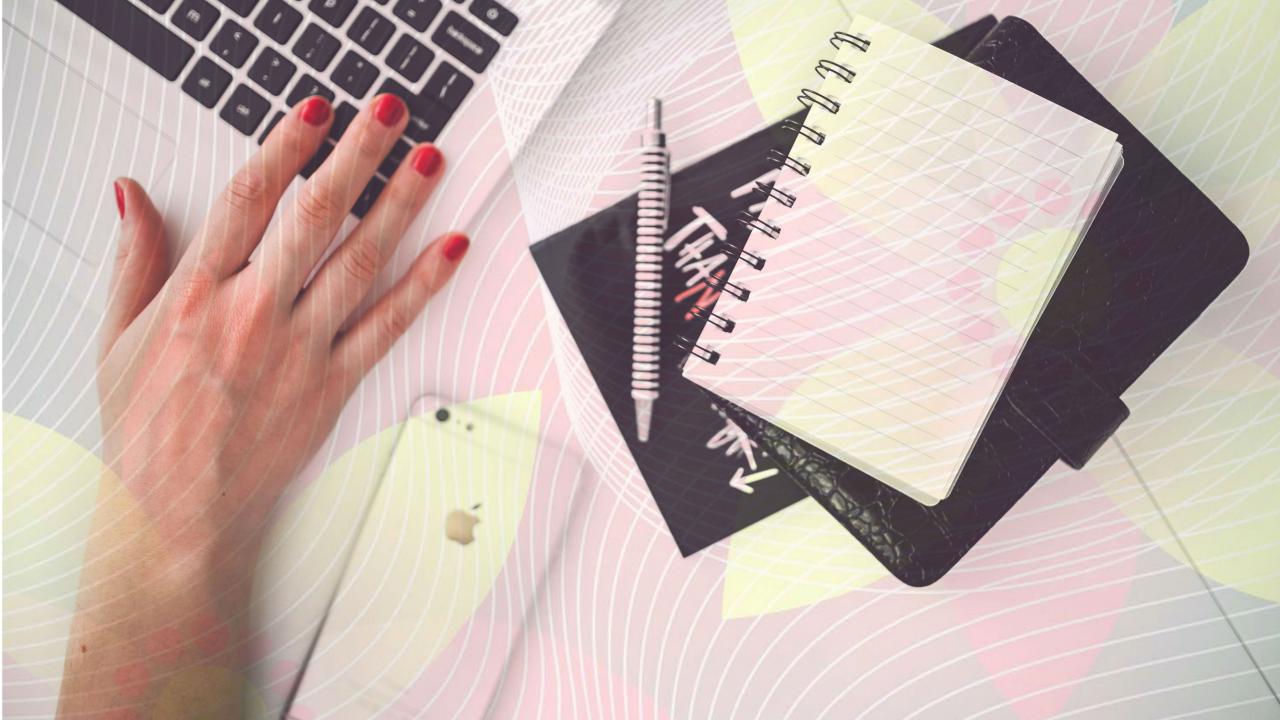 Photo: Getty Images
Photo: Getty Images
Anxiety symptoms vary from person to person, as each individual’s experiences are as unique as their fingerprints. Yet there are some universal symptoms of anxiety which, if you are experiencing these, can be red flags or warning signs to you that you may need to talk to someone about getting the help you need, either short or long term, to get the anxiety symptoms under control.
There’s a real difference between the normal, everyday stress and anxiety most of us feel and the symptoms of an anxiety disorder. Anxiety disorder symptoms can be either emotional or physical, or both.
Some emotional signs of anxiety include:
• Constant worry
• A sense of dread or apprehension
• Feeling like your mind has gone “blank”
• Watching out for danger
• Restlessness or jumpiness
• Irritability
• Trouble focusing or concentrating
Some physical anxiety symptoms include:
• Frequent urination or diarrhea
• Sweating
• Insomnia
• Shortness of breath
• Muscle tension
• Headaches
• Fatigue
• Tremors and or twitches
• Pounding heart
• Stomach upset
• Dizziness
Once you realize you are experiencing real anxiety symptoms, it’s time to take a look at what kinds of options you have.
Seeing your doctor is a great first step. While there may be no underlying medical cause for your anxiety, it’s important to rule out physical issues which may be masquerading as anxiety symptoms. Your doctor may also be able to find out by asking questions you’d never thought to ask, whether certain life situations are contributing to your anxiety.
The treatment options for anxiety are either medication or psychotherapy or both. A certain type of psychotherapy called Cognitive Behavioral Therapy has shown to be very effective for individuals suffering with anxiety disorders. This type of therapy helps people maintain their lives by empowering them to have some control over the symptoms of anxiety.
Getting help for anxiety symptoms is something you should do immediately. If you are not the person suffering, but have a loved one, especially a child who is suffering, relief is required for one to maintain the necessary impetus to function effectively in the world.
Children, spouses, caregivers, parents -- all of us need relief as quickly as possible from these symptoms so that we may continue to grow and develop and not let the anxiety take over our everyday lives.
Bear in mind that depression is often diagnosed alongside anxiety. One feeds off the other, as the more anxious someone is the more depressed they are likely to get and vice versa. Treating symptoms for anxiety, therefore, may also entail addressing any issues of depression that are floating in the mix.
Sources:
NIMH. Anxiety Disorders. Retrieved from the internet on October 25, 2011
http://www.nimh.nih.gov/health/topics/anxiety-disorders/index.shtml
HelpGuide.org. Anxiety Attacks and Anxiety Disorders: Signs, Symptoms and Treatment. Retrieved from the internet October 24, 2011
http://helpguide.org/mental/anxiety_types_symptoms_treatment.htm
Reviewed October 25, 2011
by Michele Blacksberg RN
Edited by Jody Smith






Add a CommentComments
There are no comments yet. Be the first one and get the conversation started!